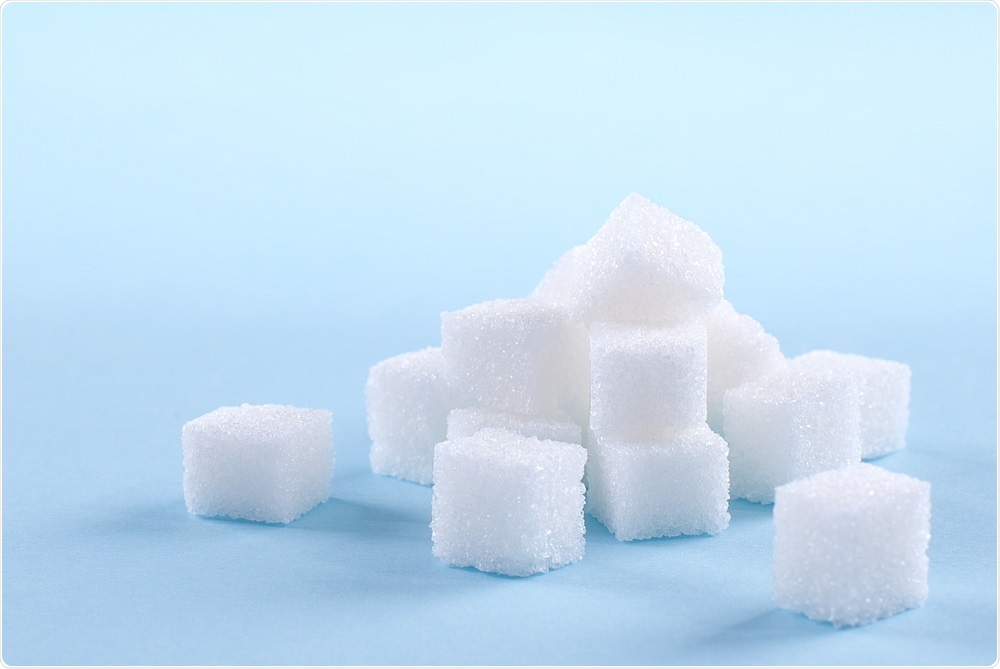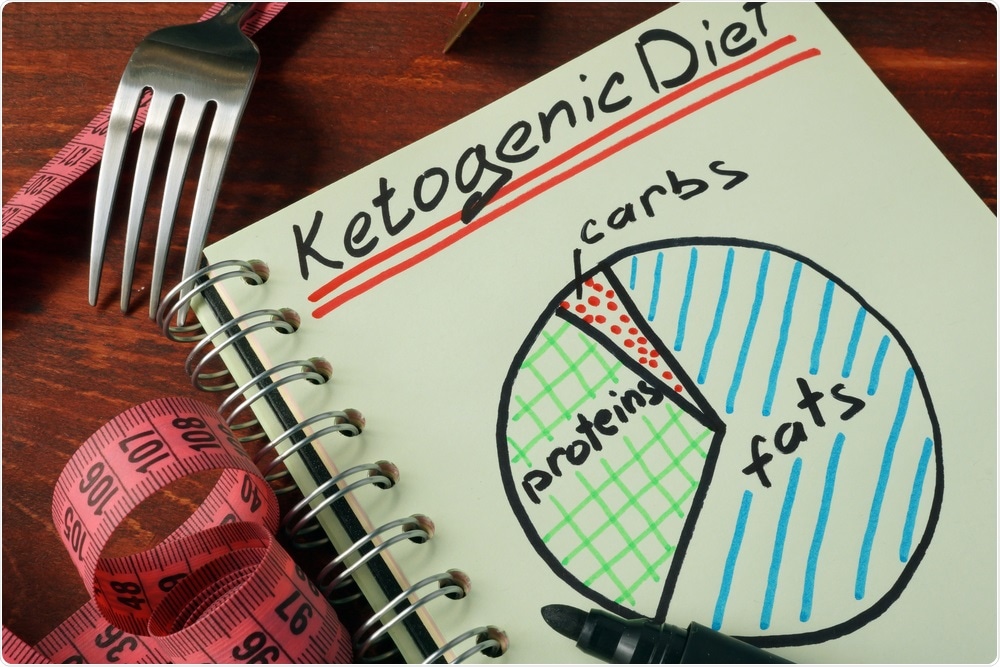In the face of a growing obesity epidemic and increasing accessibility to health information, many people now try to manage their weight and improve their health by following certain diets.
However, there is much debate surrounding what exactly constitutes a healthy diet. Vegetarians think that eliminating meat is the answer, while fans of the ketogenic diet or simply “the keto diet” believe it is best to eat a lot of fat. In any case, one food people generally try to avoid when following a healthy diet is sugar.
Eliminating sugar from the diet can be challenging since it is found in foods people would not necessarily think of as containing sugar such as tomato sauce and even veggie burgers. However, if a person does cut sugar out of their diet, the health benefits will be almost immediate, according to Eric Pham from St. Joseph’s Hospital in Orange, California.
 Valerii__Dex | Shutterstock
Valerii__Dex | Shutterstock
What happens to your body on the keto diet?
When a person drastically reduces their carbohydrate intake and replaces it with fat, the body enters a metabolic state called ketosis, where ketone bodies are produced from fat stores. These serve as a replacement for the energy usually produced by the breakdown of carbohydrates. For a person to enter ketosis, they would need to ensure they only eat around 20 to 50 grams of carbohydrates per day.
As well as the keto diet aiding weight loss, it is also associated with other health benefits. Research comparing the keto diet with a low-fat diet has shown that people on the keto diet not only lose weight in the long-term but their triacylglycerol levels and blood pressure fall. The diet has even been shown to reduce the number of seizures among people with epilepsy.
What is ketosis and how does it work?
In the state of ketosis, glucose levels fall to a level that is too low for fat oxidation to occur and for glucose to be supplied to the central nervous system. The central nervous system is not able to acquire energy from fats directly, since fatty acids cannot penetrate the blood-brain barrier.
After several days of glucose deprivation, the central nervous system starts to find alternative sources of energy in the form of ketone bodies, especially the ketones acetoacetate, β-hydroxybutyrate and acetone.
Which foods and drinks are allowed on the diet?
As with most diets, certain foods must be avoided on the keto diet if a person is going to reap benefits. Carbohydrate-rich foods such as pasta, rice, and potatoes must all be avoided, as well as foods with a high sugar content such as fruit, soda, beer and chocolate. People are allowed to drink coffee, tea water and the occasional glass of wine.
Unprocessed meats may be eaten, along with seafood, fish and eggs. One point to note is that eating a lot of additional protein can trigger the body to start converting the protein into glucose, which can disrupt ketosis.
 designer491 | Shutterstock
designer491 | Shutterstock
What happens to the body when sugar is eliminated from the diet?
Pham says that people who adopt the keto diet can expect their blood pressure to fall and levels of fat and insulin in the bloodstream to improve within one week.
How the body reacts to the elimination of sugar depends on how much a person ate previously and whether they eat complex carbohydrates, which are broken down into simple sugars to provide energy. However, what happens if all high-glycemic foods are eliminated, which is what keto dieters try to do?
"You’re going to have a tough three days," says Brian Quebbemann, a bariatric surgeon based in California.
Initially, a person who eats sugary foods such as muffins and donuts may crave such foods because sugar is no longer available to stimulate the brain, explains Quebbemann. They may feel unwell, but the changes that take place in the body are healthy.
Levels of the glucose-regulating hormone insulin start to become more stable, which stops the cycle of sugar highs and crashes, explains Quebbemann.
At first, the elimination of glycemic-rich foods would cause tiredness and lethargy, but that would only last a few days. Adrenalin levels would increase to help release stores of sugar or glycogen into the bloodstream within less than 24 hours.
The absence of sugar would trigger the liver to start producing ketones within three to five days, which is when the body starts to enter ketosis and burn fat. This could lead to muscle cramps because in ketosis, the body loses a lot of water.
Some people even experience “keto flu,” which refers to the headaches, cramps and fatigue that can develop and last for around a week. However, Quebbemann says that once those problems pass, energy levels increase and a person starts to feel calm and focused.
The debate
Quebbeman says that although it is common for people on the keto diet to start losing weight, doctors are still divided over whether this is healthy in the long-term. Many doctors, therefore, advise that complex healthy carbohydrates are included in the diet because although they are broken down into sugar, this process is perfectly normal and healthy.
In fact, eliminating sugar, but including complex carbs helps to maintain a healthy insulin level. When a person does this, they do not get the headaches and the crashes; they get a consistent level of energy, concludes Quebbemann.